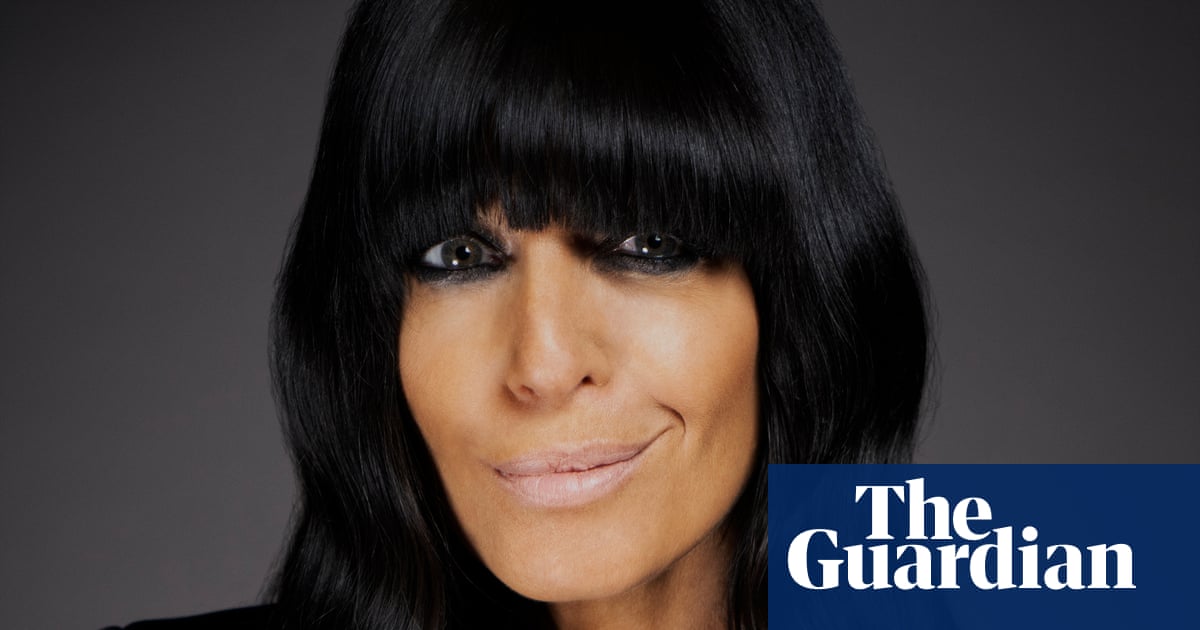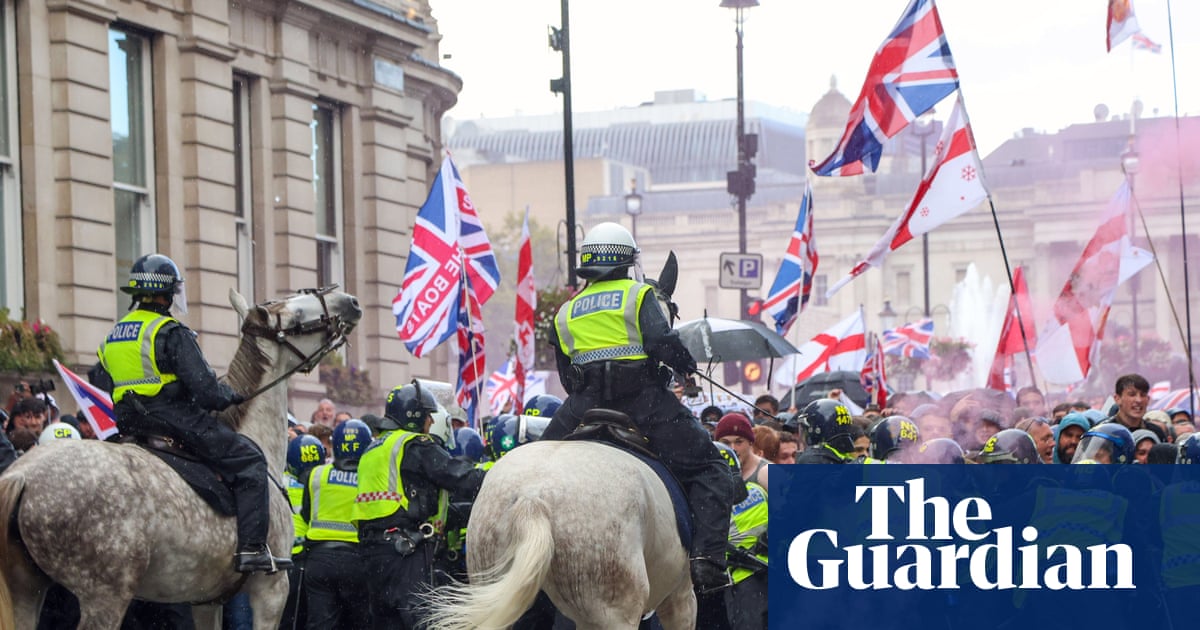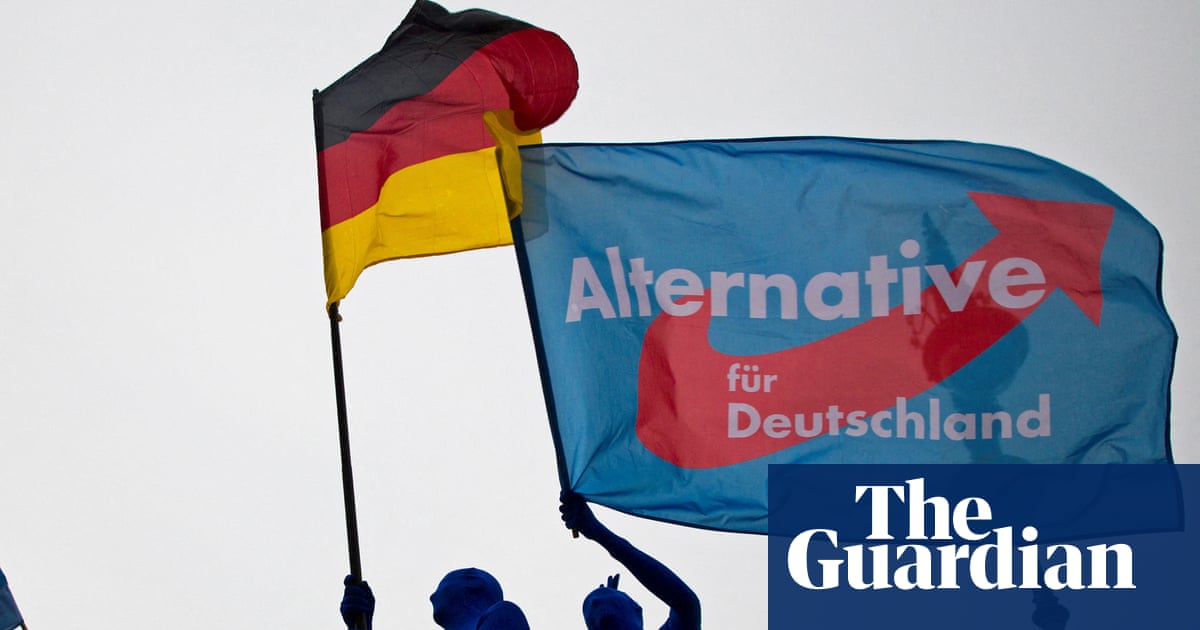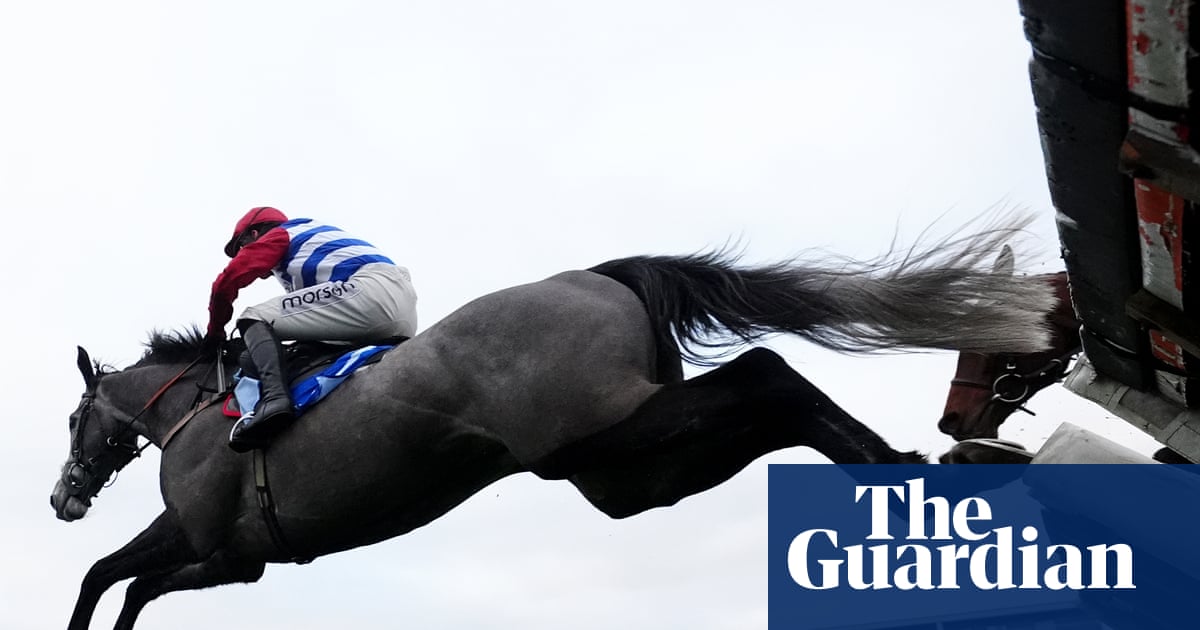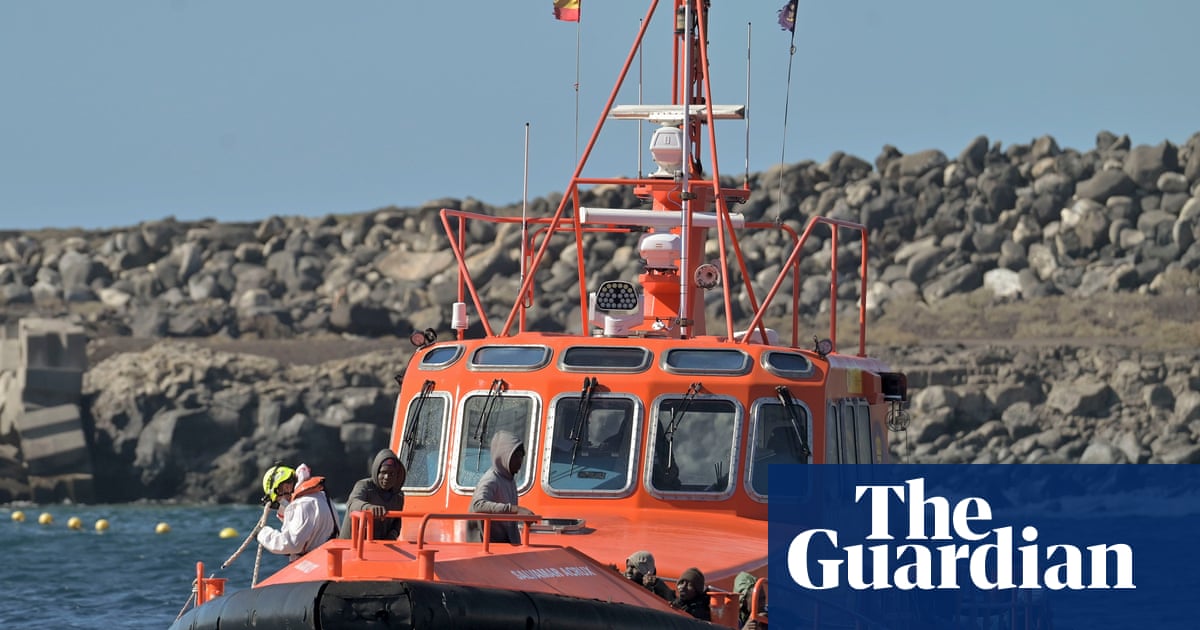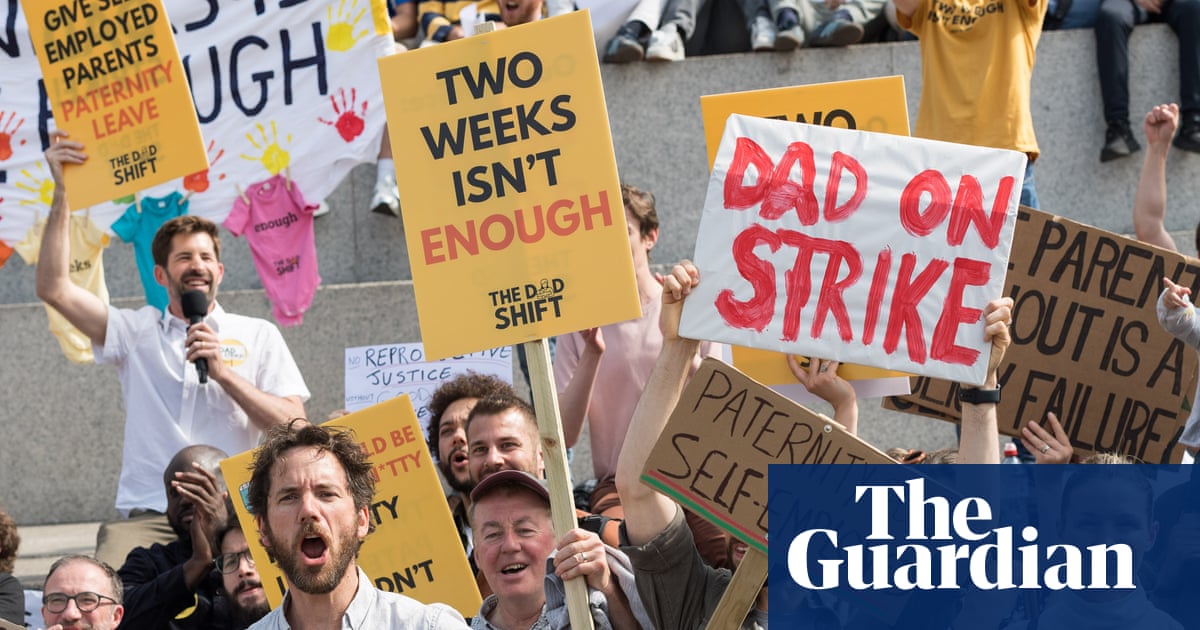One of the tightest elections in Dutch history produced an outcome so close that first steps in negotiating a new coalition government have yet to begin. But at a time when the forward march of the far right across Europe is dominating headlines, sapping the confidence of mainstream parties, one uplifting takeaway was immediately clear: a less divisive kind of politics can still cut through with the public, if it is prosecuted with conviction and panache.
The big and unexpected winner of last week’s poll was 38-year-old Rob Jetten, the charismatic leader of the centrist liberal party D66, which almost tripled its vote and is set to top the polls by a whisker. Basing his campaign on the Obama-style slogan “Yes we can”, Mr Jetten presented himself as an optimistic unifier to an electorate exhausted by the polarising politics of Geert Wilders, whose anti-immigrant Freedom party (PVV) dominated the outgoing coalition. He now has a very good chance of being the country’s youngest-ever prime minister.
Rumours of the death of Europe’s political centre may have been exaggerated after all. But the celebrations should not be overdone. Understandably euphoric, Mr Jetten told his supporters after the election: “We have turned the page on Wilders”. For the time being that is true. Mr Wilders’ mainstream coalition partners have no intention of teaming up with him again, following his decision to collapse the last government when it failed to enact his extreme anti‑immigration plans.
But the PVV’s slump in the polls still left it virtually tied with D66 in first place, and Dutch politics remains stuck on the same page in relation to the far right overall. Most of Mr Wilders’ lost votes went to smaller rival parties with similar agendas. As the political scientist Cas Mudde has pointed out, their collective presence in the next parliament will in fact be slightly bigger than before. By contrast, the centre-left had a miserable night, culminating in the resignation of the Green Left/Labour Alliance leader and former European commissioner Frans Timmermans.
That political backdrop means that a future centre-led coalition, perhaps presided over by Mr Jetten, will bear a very heavy responsibility. The D66 campaign argued that a chaotic politics of division was inadequate to the task of solving a huge housing crisis, prohibitive healthcare costs and concerns over immigration. Its message landed because of the shambolic performance of Mr Wilders’ party in power. But a failure to deliver radical change from the centre could unleash a still darker backlash.
For now though, Mr Jetten’s sudden emergence as a political star offers progressive movements much-needed reasons to be cheerful. Handed real influence after the PVV’s comfortable election victory two years ago, Mr Wilders comprehensively blew it. The politics of optimism and collaboration are back in fashion in the Netherlands, and a pro‑European, pro-climate-action leader may be in charge of the country next year.
In countries such as France, Germany and Britain, where the centre has just about held up to now, the dynamics are not quite the same. Nevertheless, as mainstream parties allow far-right themes to frame the political agenda, the rise of D66 is a case study in how to do things differently. Mr Jetten should be congratulated for demonstrating that, given a chance, “hope not hate” politics can work.

 1 month ago
60
1 month ago
60




